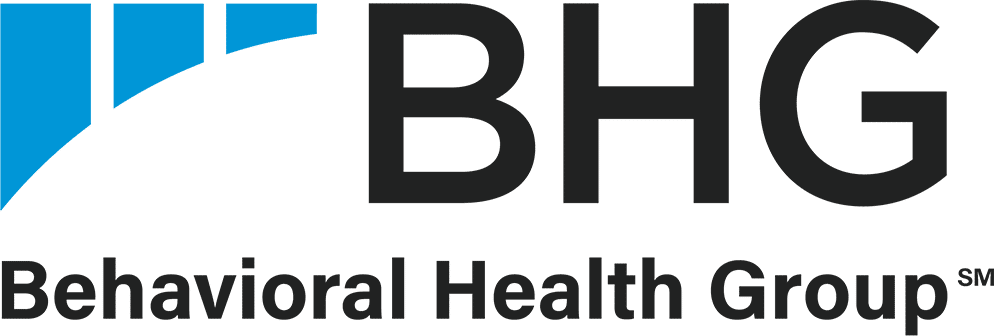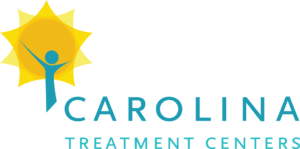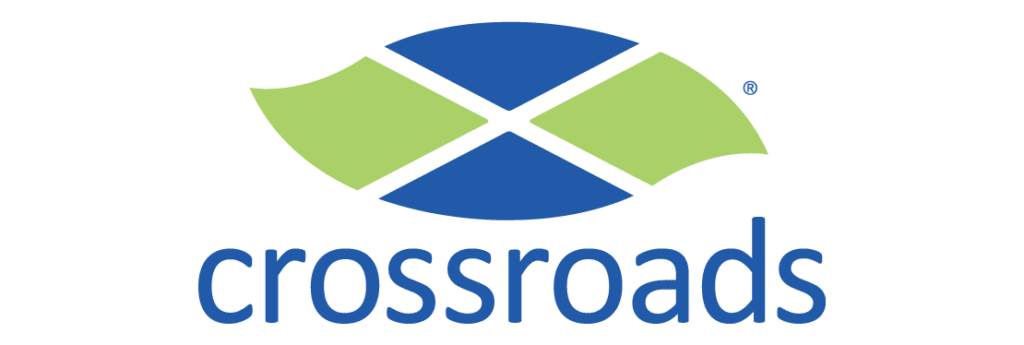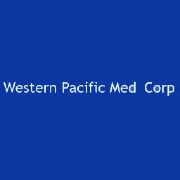
ABOUT THE INITIATIVE
Stand up for access to evidence-based addiction treatment!
Program, not a pill is a campaign that brings the community together to support and expand access to patient-centered, evidence-based treatments for opioid addiction and elevates the whole-patient standard of care. To adequately treat people with opioid use disorder (OUD), they need a Program, not a pill. Medication-assisted treatment is that program.
Increase Access to Real MAT
Opioid use disorder (OUD) has harmed individuals, families and communities for more than two decades and the opioid crisis was officially declared a public health emergency in 2017. Today, opioid overdose continues to take tens-of-thousands of lives a year. Medication-assisted treatment (MAT), the use of medications—buprenorphine, naltrexone or methadone—in combination with counseling and behavioral therapies, is the most effective therapeutic approach for treating people with OUD and preventing overdose.1,2 But evidence-based MAT remains underutilized, and many are working to try to improve quality and accessibility—including every organization that is part of this campaign.
MAT must include both medication and behavioral therapies for two reasons:

We envision a future where everyone who struggles with OUD can get into and stay in long-term recovery.
Don’t Marginalize MAT
Increasing opioid treatment accessibility and effectiveness for OUD patients must be improved without compromising quality of care. We envision a future where everyone who struggles with OUD can get into and stay in long-term recovery. The best chance of success is expanding access to the full MAT program—medication, counseling and behavioral therapies with trained addiction specialists and medication management—not just prescribing more pills in more places.
Methadone is a highly effective medication and is widely available for direct administration in combination with psychosocial services at OTPs. However, it is also the most dangerous medication and can be misused, potentially causing fatal overdose. Because it is so powerful, it’s important to ensure it is administered with care and the regulations governing methadone dispensing make sure that it is safe and has a positive impact on communities.
Program, not a pill Core Principles
Our core principles were made with the community in mind. Together, we will combat the opioid epidemic and ensure people living with OUD have access to the best evidence-based approach to treatment that provides the best chance of recovery success.
Become a Partner
All organizations who support these core principles are invited to join our coalition as a partner.
“*” indicates required fields
Partner Organizations








1 McLellan AT, Arndt IO, Metzger DS, Woody GE, O’Brien CP. The Effects of Psychosocial Services in Substance Abuse Treatment. JAMA. 1993;269(15):1953–1959.
2 Eren, Kemal PhD; Schuster, James MD, MBA; Herschell, Amy PhD; Loveland, David PhD; Neimark, Geoffrey MD; Mihalyo, Mark MS; Hurford, Matthew MD; Houck, Patricia MS; Ryan, Neal MD. Association of Counseling and Psychotherapy on Retention in Medication for Addiction Treatment Within a Large Medicaid Population. Journal of Addiction Medicine: 5/6 2022 – Volume 16 – Issue 3 – p 346-353
